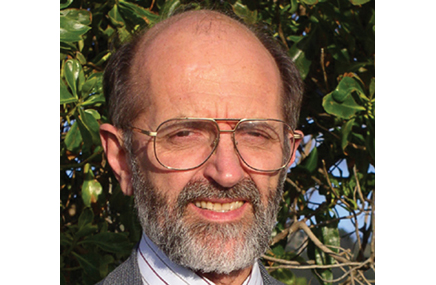Reckless prosecution of a drug salesman for off-label promotion now jeopardizes FDA’s most important statutory authority—its supremacy over drug labeling and through it, promotional speech in the drug marketplace—thanks to a crushing defeat in the U.S. Court of Appeals for the Second Circuit.
FDA has never won a First Amendment case, and its string of losses led it to bring this one under false colors. Defendant Alfred Caronia’s criminal “misbranding” of Xyrem occurred exclusively through his exercise of free speech in verbally promoting it for an off-label use. FDA even used a hidden tape recorder to gather evidence of this “crime.” The jury agreed with FDA, but Caronia appealed on First Amendment and trial court error grounds. The Second Circuit majority sided with him. Writing for the majority, Judge Denny Chin ridiculed claims that Caronia was not prosecuted for his speech, citing at least 40 instances of the government’s case highlighting Caronia’s off-label promotion of Xyrem.
Chin also labeled the government’s assertion that it only used Caronia’s recorded speech as evidence of his intent as “simply not true.” Moreover, he went on, the government’s summation and the district court’s instruction “left the jury to understand that Caronia’s speech was itself the proscribed conduct.”
Then, Chin delivered the coup-de-grace: the government “prosecuted Caronia for his words—for his speech. A pharmaceutical representative’s promotion of an FDA-approved drug’s off-label use is speech.”
While the decision has full force only in the Second Circuit, its forthright expression is bound to have much wider impact, and at FDA’s dire cost.
James G. Dickinson is editor of Dickinson’s FDA Webview (fdaweb.com).
From the February 01, 2013 Issue of MM+M - Medical Marketing and Media







